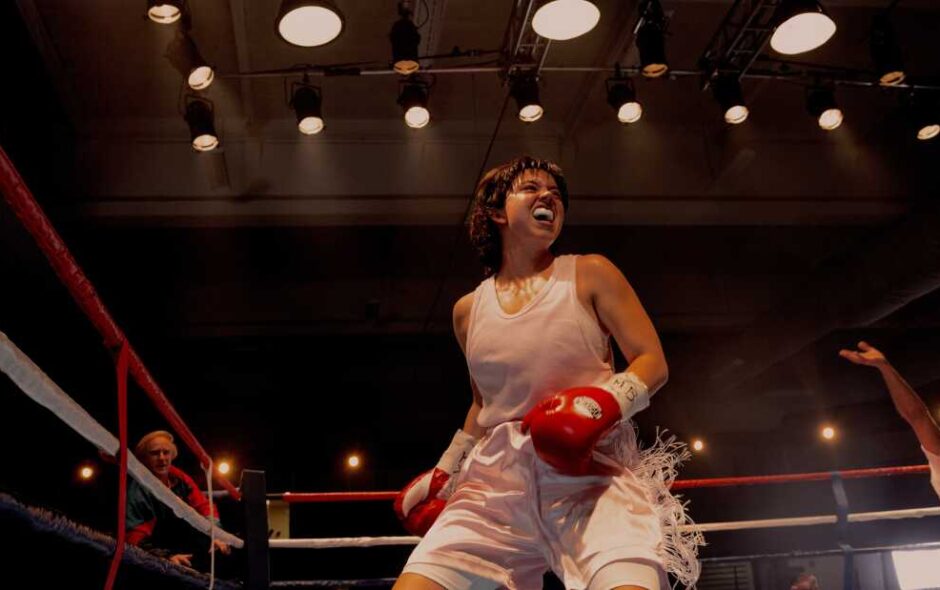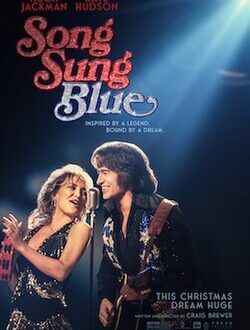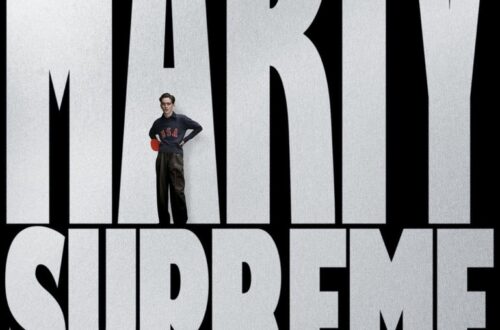In Christy, the new biopic of boxing legend Christy Martin, actress Sydney Sweeney steps into the ring with fierce physical commitment and a determination to honour a trail-blazing career. Her transformation is remarkable: bulking up, re-training, slipping into Martin’s world of muscle, sweat and split-second decision-making. Yet while Sweeney’s performance often soars, the film itself fights an uphill battle against cliché and formula.
From the outset, there is little doubt that the film intends to celebrate Martin’s rise in the male-dominated boxing world, her knockout power and her quiet insistence that she belong. The story charts her break-out in the 1990s, when she became the first female boxer to appear on the cover of Sports Illustrated, followed by her headline bouts, her marriage to trainer-turned-manager Jim Martin, and the domestic-violence crisis that threatened not only her career but her life. Sweeney handles this arc with grit: inside the ring she glides, throws, reacts; outside it she carries suspicion, hurt, and the guarded strength of a woman who never fully believed she was safe.
Yet for all of its ambition, the movie directed by David Michôd tends to adhere so closely to the established sports-biopic playbook that it often feels predictable. There are the training montages, the big fight pay‐offs, the personal crisis and the ultimate triumph. Critics have pointed out that outside the ring the drama flattens: the interior world of the protagonist remains under-explored, and the supporting characters too often slide into archetype rather than complexity. Sweeney keeps the story afloat, but the structure beneath her performance creaks.
On the plus side, the boxing sequences are a triumph of physicality and commitment. One senses the long hours of preparation, the weight training, the ring work, the sweat and bruising. Sweeney proves she can carry punches and deliver them; the ring becomes an arena in which she inhabits Martin’s blistering pace and ferocity. These scenes crackle with intensity, and in them the film finds its beating heart.
When it shifts to the domestic sphere — the toxic marriage, the internalised shame, the hidden sexuality, the long haul of trauma — the screenplay struggles to match the power of the fights. The stakes are real and harrowing, but the treatment is often literal, stripped of subtlety, relying on familiar tropes: the abusive spouse, the isolated athlete, the rhetorical victory. We watch rather than feel. Audiences who expect new emotional terrain may leave the stadium disappointed.
Nevertheless, there is compelling value here. For one, the decision to center a female boxer with a complicated life is overdue. Martin’s story, of a woman who punched her way through expectation, fear, and danger, deserves a screen. Sweeney’s contribution goes beyond replication: she invests the role with vulnerability, physical risk, and an unapologetic boldness. In those moments, the film reaches. Her face in quiet reflection after a fight, the tension in her shoulders, the exhaustion in her voice — all add up to a performance that lingers.
In sum, Christy is not a knockout in every round, but it delivers a major win for Sweeney and shines a spotlight on a woman who defied the limits placed upon her. The film is strongest when it allows its central performer to breathe and fight on her own terms; it weakens when it retreats into formula. Still, for fans of inspirational true-life sagas and sports dramas, it offers more than enough to admire — and for Sweeney, it marks a meaningful leap forward.




